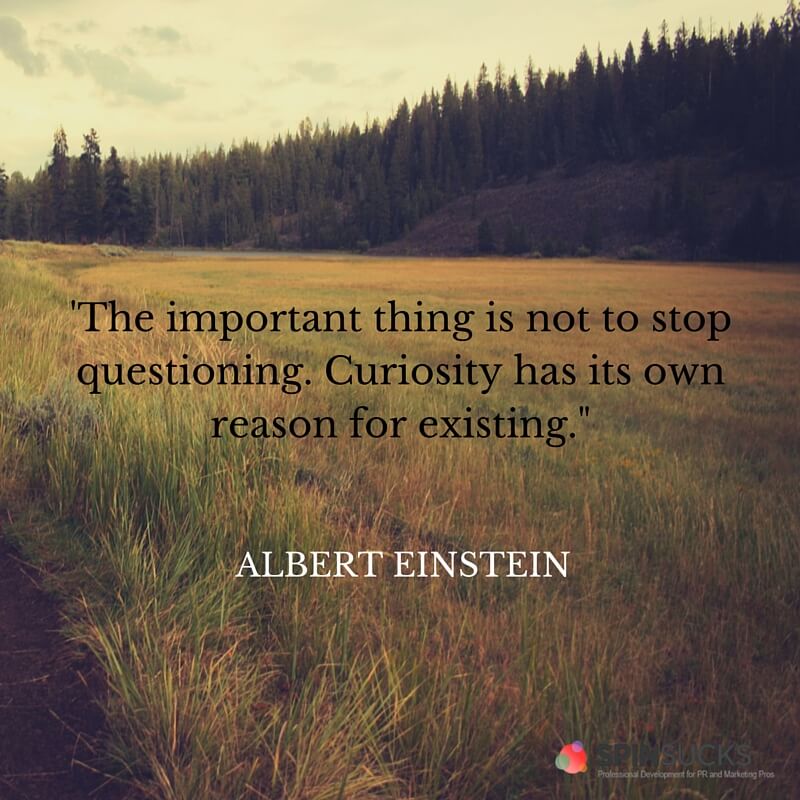 One of the most incredible things Randy Hall taught me when he was coaching me was this, “What do you think?”
One of the most incredible things Randy Hall taught me when he was coaching me was this, “What do you think?”
It used to drive me insane because, if I knew, I wouldn’t be asking him!
But his point was to help me think through solutions on my own, with his guidance.
As I did so, he would ask me questions to help me arrive to a decision.
I have adopted this line of questioning (and listening) from him…and it drives both my team and my mastermind clients insane.
But it works!
How to Arrive at Better Listening
Most leadership courses and consultants teach you to think strategically, create an environment for collaborative success, and communicate the vision to everyone including clients, stakeholders, and employees.
Effective decision-making is one of the key traits a leader relies on to see the big vision completed on time, and on budget.
But the biggest factors in making good decisions sometimes aren’t the leader making them at all, but helping the team arrive at them.
To do that, they must ask good questions and listen.
These are skills that are seldom taught and woefully under-used.
I mean, how often do you sit in a meeting with a business leader who just talks and talks and talks?
I would venture to guess it’s quite often.
Why can’t we be better listeners?
Most leaders say it’s because they don’t have time to listen.
(This always makes me roll my eyes.)
I understand most leaders are already over-scheduled and taking care of the day-to-day means getting as much done as possible.
But it’s their job to help their team become better decision-makers…and that’s impossible to do if they don’t listen.
How to Ask Better Questions
As for asking questions, leaders have learned to depend on their team to tell them what they need to know.
More focus is spent analyzing instead of curating, summarizing rather than searching for what might be missing.
But decision making and analysis don’t happen in a vacuum.
It happens in real-time with the pressures of the day and with the mood and energy of the moment.
To make better decisions, consider how taking a few minutes to ask key questions can be helpful.
- Confirm what you already know and also consider what isn’t being communicated. Your team, clients, or even your executives may omit or fail to relay all the facts you need to know. How often have you heard, “What you don’t know is…?”
- Make decisions based on facts and analysis instead of emotion or defaulting to an expected outcome.
- Be certain that you have all the information you need. We don’t always know what we don’t know which is why asking for additional input is helpful.
Key questions to ask:
- Have I evaluated all the options available to me?
- Do I have all the information I need?
- Who else may have insight that would be helpful?
- Am I making a judgement based on emotion or fear instead of facts?
Trusting your gut is a valid part of the decision-making process, which is why “what do you think” works so well.
Not only does it help the other person arrive to the decision, it gives them the confidence to trust their gut and actually make a decision.
What Do You Think?
Sharpen your listening skills by forcing yourself to be in the moment.
This really goes for anyone, leader or not, because it demonstrates great leadership skills for when you work with your team, work with clients, or even are sitting at the dinner table with your family.
This means not multi-tasking, reading emails, or even thinking about what you want to say next.
Really listen.
Summarize what you’ve heard and ask if you’ve understood the information and the intent.
You’ll be surprised at how new information will be presented and how much better you’ll be at sorting through what’s important, what’s superfluous, and what needs more attention.
And always, always ask, “What do you think?” Even to the point of being annoying.